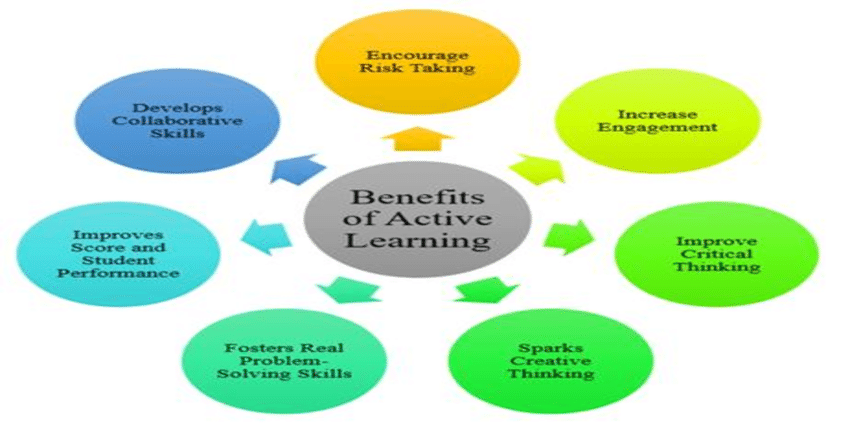Children who are consistently engaged in physical activity have a healthier mindset about their bodies. They begin to understand and appreciate their capabilities. By providing them with a wide variety of sports, they learn to explore various experiences and develop an openness to new things. Listed below are some of the many benefits of kids’ active learning.
It helps kids develop emotional and social skills, as well as gross and fine motor skills
There are a variety of benefits of children engaging in imaginative play. Pretend play helps kids develop emotional and social skills and gross and fine motor skills. Pretend play also helps children develop their empathy. The following are just a few of the many advantages of active imagination for kids. These activities help kids develop essential life skills and improve their emotional and physical wellbeing. Let’s take a closer look at some of these benefits.
Imagination helps kids learn and retain knowledge. In addition to this, children often use their imagination to revisit previous knowledge and experiences, expanding their understanding. Playing will also help them explore new knowledge and develop their creative and problem-solving skills. In addition to providing children with the opportunity to explore their imagination, imaginative play also supports the early development of kids’ language skills. For instance, a child may imagine a world of underwater creatures. By involving your child in your activities, you’ll be enhancing their brain development while promoting social interaction.
Provide kids with exercise and fun and enhance problem-solving skills
The process of problem-solving develops through free play. Kids learn best when they have the freedom to explore the world around them and choose activities they are interested in. This type of learning is essential for developing problem-solving skills, and toys are great for this! They can help children develop these skills by providing opportunities to explore new situations, learn new concepts, and make decisions. There is no right or wrong solution; kids can come up with any number of creative ideas and then pick a solution based on the pros and cons of each one.
In addition to problem-solving, kids’ active learning videos also provide kids with exercise and fun. The benefits of active learning include improved concentration, reduced stress and enhanced learning. This process can also lead to increased self-esteem and independence.
Enhance kids empathy
Empathy fosters cooperation between peers and helps kids learn to listen to other perspectives. Empathy helps children build resilience and improves their ability to form connections with other people. This skill will continue to be useful throughout life, not just as they grow older. The benefits of learning empathy are many. A child who learns to develop empathy will be a happier, more mature adult. And this is only one of the many benefits of this type of learning.
Empathy is a highly prized skill in human societies and is crucial for a child’s future success. It turns our notions of punishment on their head and helps children develop empathy. Ultimately, this helps kids become future leaders with the skills they’ll need. These skills are tied to critical thinking and can help them become productive members of society.
Learn how to collaborate with other children
Studies have shown that children who participate in physical activities retain more information in their brains and learn better than their peers. In addition, physically active kids also respond better to sensory input, improve their language skills, and build stronger literacy skills. Physical education is essential for kids, as it enhances focus, learning, and managing impulses.
Children who engage in physical activity tend to be less moody and irritable. Physical activity helps children sort out their feelings and build valuable life skills. It also promotes flexibility and stability. Children who engage in physical activity during playtime are likely to develop their motor skills, which will allow them to master basic tasks. It includes feeding themselves, writing, and tying their shoelaces.
Encourages creative thinking and builds physical and social skills
In addition to providing opportunities to learn, play encourages creative thinking and builds physical and social skills. Children learn about their peers by engaging in social play. It also promotes focus and concentration, enabling them to engage in higher-level thinking processes. They also gain confidence and develop their social skills. Ultimately, play is essential to the development of young children. In a play environment, children learn to make decisions and develop a sense of self.The benefits of the after school program by Little Learners are numerous. Check their website to learn more about it.

